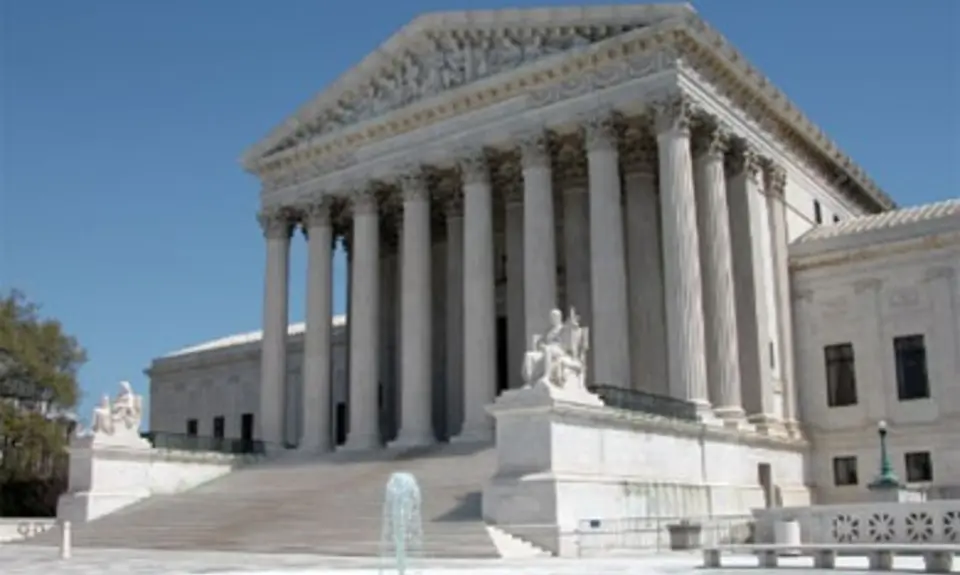This post was originally published at the Huffington Post.
One year ago this week, the Supreme Court's conservative majority struck down a key provision of the Voting Rights Act and took yet another step toward undermining our democracy. Since then, civil rights leaders have been hard at work trying to clean up the Court's mess.
The Shelby decision was a devastating loss, especially for those who fought to see the original Voting Rights Act enacted. Rep. John Lewis of Georgia, the sole surviving speaker from the 1963 March on Washington and a leader of the 1965 march from Selma to Montgomery, accused the Supreme Court of "stab[bing] the Voting Rights Act of 1965 in its very heart." Civil rights advocates mourned the naïve assumption that Selma had been relegated to ancient history and that racial discrimination in voting went with it. People For the American Way's director of African American religious affairs noted on the day of the decision: "Those who sided with the majority clearly have not been paying attention, reading the paper, attending community meetings, living in America."
Indeed, anyone who has been paying attention knows that voting discrimination is far from ancient history. A new report by the Leadership Conference on Civil and Human Rights found nearly 150 documented instances of voting rights violations since 2000, with each case affecting between hundreds and tens of thousands of voters.
Happily, reform is finally underway in the Senate. On Wednesday, the Judiciary Committee will hold a hearing on legislation to put the VRA back together again. It's a critically important first step in getting our country's laws back to where they need to be on voting rights protections. But so far House Republican leadership has refused to move forward. Maybe they think that if they pretend a problem doesn't exist, they won't have to fix it.
The push for voting rights protections isn't the only effort underway to clean up the mess the Supreme Court has made of our democracy. With the 2012 election the most expensive in history, this week the Senate Judiciary Committee is considering a proposed constitutional amendment to overturn cases like Citizens United v. FEC, the infamous 2010 ruling that paved the way for unlimited corporate political spending. Like Shelby, Citizens United was a contentious 5-4 decision with a strong dissent. Also like Shelby, it set our democracy back dramatically. Citizens United let corporate bank accounts overwhelm the voices of everyday Americans. Shelby made it easier for state and local governments to create barriers to voting.
But Americans know that the answer to attacks on our democracy isn't despair -- it's action. Sixteen states and more than 550 cities and towns have called for a constitutional amendment to get big money out of politics like the one moving forward in the Senate, and that number is growing rapidly.
National leaders are also speaking out. President Obama has expressed his support for an amendment to overturn Citizen United multiple times since the decision. House Minority Leader Nancy Pelosi, Senate Majority Leader Harry Reid, and former Supreme Court Justice John Paul Stevens are just a handful of other high-profile amendment supporters. And earlier this month, Justice Ruth Bader Ginsburg did not hold back her disdain for the recent democracy-harming decisions coming from the Supreme Court's majority: "Like the currently leading campaign finance decision, Citizens United v. Federal Election Commission, I regard Shelby County as an egregiously wrong decision that should not have staying power."
The Supreme Court has made some very bad calls when it comes to protecting the rights of all Americans to participate meaningfully in our political system. But Justice Ginsburg is right: these wrong-headed decisions shouldn't have staying power. And if the American people have anything to do with it, they won't.
